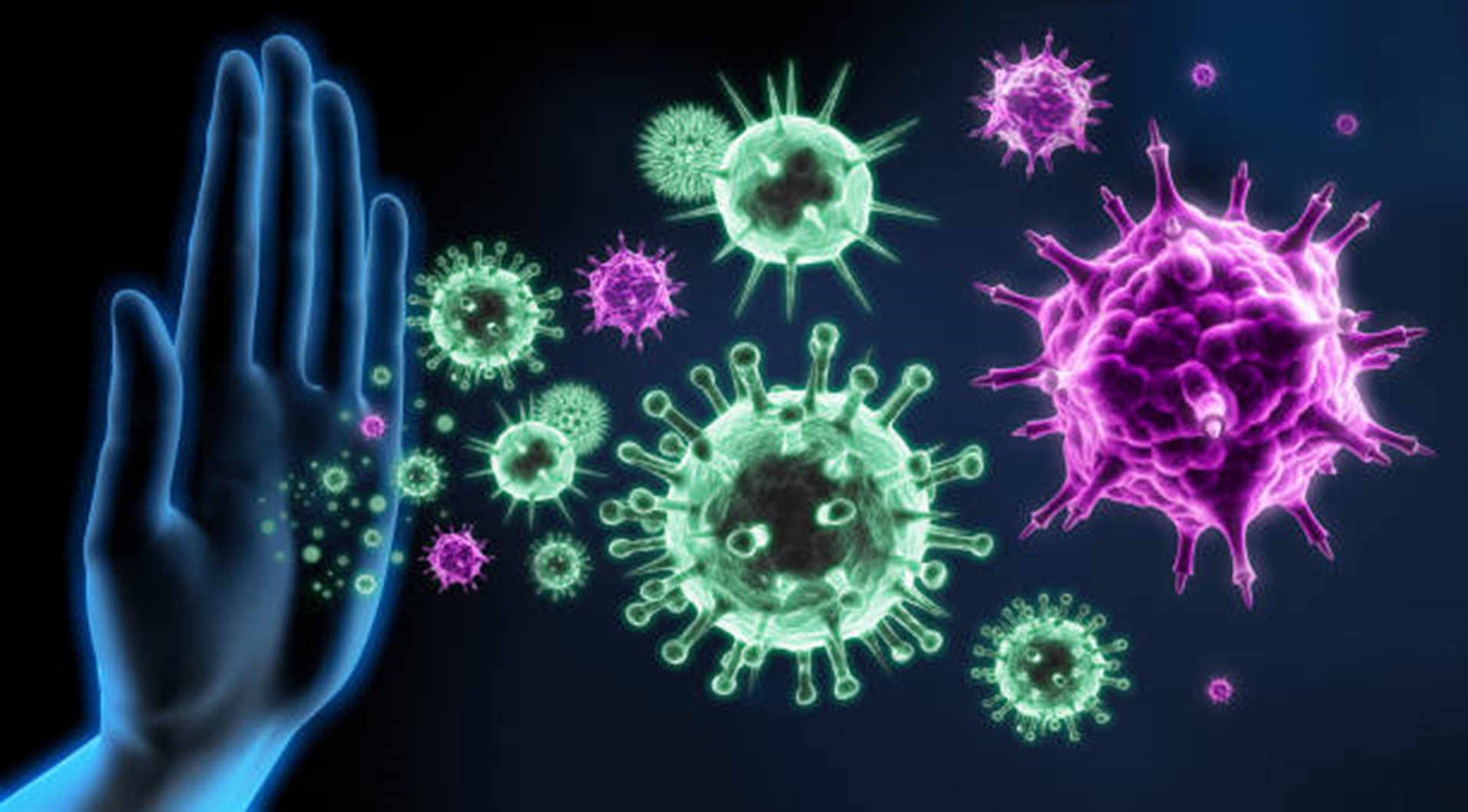
You hear people say they have a “strong” or “weak” immune system. But immunity doesn’t work like muscle. It isn’t measured by force. It’s a network—flexible, reactive, adaptive.
Sometimes a highly active immune system creates problems. It overreacts to small threats or even harmless elements. Other times, it underreacts without warning. It’s not about strength—it’s about balance and timing.
Immune systems aren’t stronger or weaker. They’re more or less appropriate to the moment.
Feeling healthy doesn’t always mean your immune system is performing well
You might feel fine, energized, clear-headed. That doesn’t guarantee your immune system is working properly. Some immune dysfunctions stay silent for years.
In autoimmune disorders, the immune system may attack without obvious symptoms. In chronic infections, it may underperform without causing immediate illness. The absence of discomfort doesn’t always mean balance.
Comfort and immunity don’t always align.
Taking more vitamins won’t always boost immune function
Vitamin C. Zinc. Elderberry. These are common choices when people want to boost immunity. But more isn’t always better. Excess can overload or disrupt processes.
High doses of certain vitamins may interact poorly with medications. Some suppress rather than support immunity when taken inappropriately. Balance matters more than volume.
Boosting is not the same as supporting.
Inflammation is not always bad—it’s part of how the body heals
People often fear inflammation. They take anti-inflammatory diets or supplements. But inflammation isn’t the enemy. It’s a tool. It signals immune activation. It contains damage. It begins healing.
Chronic inflammation, however, is different. That’s when the system can’t turn off the signal. Acute inflammation is necessary. Chronic is destructive. Confusing the two leads to poor choices.
Inflammation is not the problem—it’s the overstay that becomes one.
Your immune system can misfire and create illness even without infection
Not all illness comes from germs. Autoimmune diseases come from within. The immune system targets the body itself. Cells get misidentified as threats.
Lupus. Rheumatoid arthritis. Type 1 diabetes. These are immune conditions. Not infections. They require regulation, not eradication. Treating them like infections delays proper care.
Not all immune activity is protective.
Fever is not something that should always be stopped immediately
Fever scares people. But it’s a sign that the body is working. Elevated temperature slows pathogen replication. It supports immune communication.
Fever becomes dangerous at high levels or with other symptoms. But a mild fever is often useful. Suppressing it too quickly can prolong recovery.
Not all heat is harm.
Being cold or wet doesn’t directly cause infection
You step outside without a coat. Your hair’s damp. You catch a cold. Or so it seems. But viruses—not temperature—cause colds. Being cold can lower resistance, but it doesn’t insert pathogens.
The cold may alter immune efficiency temporarily. But the infection needs a source—usually another person.
You catch viruses, not weather.
Allergies are not caused by weak immunity—they’re signs of an overactive system
Sneezing. Rashes. Itchy eyes. These seem like signs of weakness. But allergies come from excess. The immune system sees harmless substances—pollen, food, dust—as threats.
It launches a defense, often too intense. Histamines flood the body. Mucous membranes swell. These reactions aren’t failure. They’re misdirection.
Overreaction, not underperformance, drives allergic response.
Your immune system doesn’t get stronger by being exposed to everything
Some think getting sick builds toughness. That exposure is always good. But that’s not how memory works.
The immune system builds memory after effective recognition. But repeated illness can damage tissues. Or introduce risk. Not every pathogen teaches. Some only harm.
Exposure without protection isn’t strength—it’s vulnerability.
Natural isn’t always safer when it comes to immune support
“Natural” sounds safe. Herbal teas. Raw supplements. Unregulated remedies. But natural doesn’t always mean harmless. Some herbs overstimulate immunity. Others interact with medications.
Without guidance, natural treatments may delay real care. Or create imbalances. The immune system is sensitive. Unmeasured intervention can do more harm than good.
Nature helps—but only when it’s understood.
